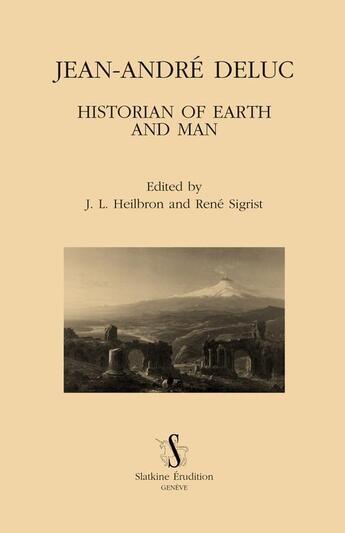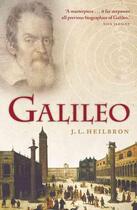-
Date de parution : 07/12/2011
-
Editeur :
Slatkine
-
EAN : 9782051022736
-
Série :
(-)
-
Support :
Papier
-
Nombre de pages : 638
-
Collection :
(-)
-
Genre :
(-)
-
Thème :
Non attribué
-
Prix littéraire(s) :
(-)
Résumé:
Jean-André Deluc (1727-1817) was one of the leading natural philosophers of the eighteenth century. He was a corresponding member of the Paris Academy of Sciences, a Fellow of the Royal Society of London, and for a time, Professor of Geology at the University of Göttingen. But he was not a man... Voir plus
Jean-André Deluc (1727-1817) was one of the leading natural philosophers of the eighteenth century. He was a corresponding member of the Paris Academy of Sciences, a Fellow of the Royal Society of London, and for a time, Professor of Geology at the University of Göttingen. But he was not a man of the Enlightenment. Originally a Genevan democrat close to Rousseau and an occasional visitor at Voltaire's home in Ferney, he spent the last half of his long life in the service of the King and Queen of England and drifted easily and congenially to the right under their influence. His reputation as a sober and religious philosopher recommended him for his main assignment, reading natural philosophy to the pious Queen, who rejoiced to find a francophone man of science who was not a philosophe. Deluc managed to combine the strict empiricism of an instrument designer, experimentalist, and collector of fossils with extravagant speculations about geology (to adapt a word he invented), meteorology, and physics, and increasingly problematic schemes for unifying natural, sacred, and human history. In Jean-André Deluc, Historian of Earth and Man, J.L. Heilbron, René Sigrist, and their colleagues trace Deluc's life beginning with his political activities in Geneva; moving through his career in science and apologetics; and ending with his service as a British secret agent and his denunciations of unbelievers, revolutionaries, deists, and chemists. The man that emerges from this assessment eludes classification in the usual historiographical categories. His combination of empiricism and exactness, speculation and romanticism, shrewdness and self-delusion, science and religion, though unusual was not unique. His story, as assembled in this book, is a timely reminder that not all the creators of modern science were modern scientists.
Donner votre avis















